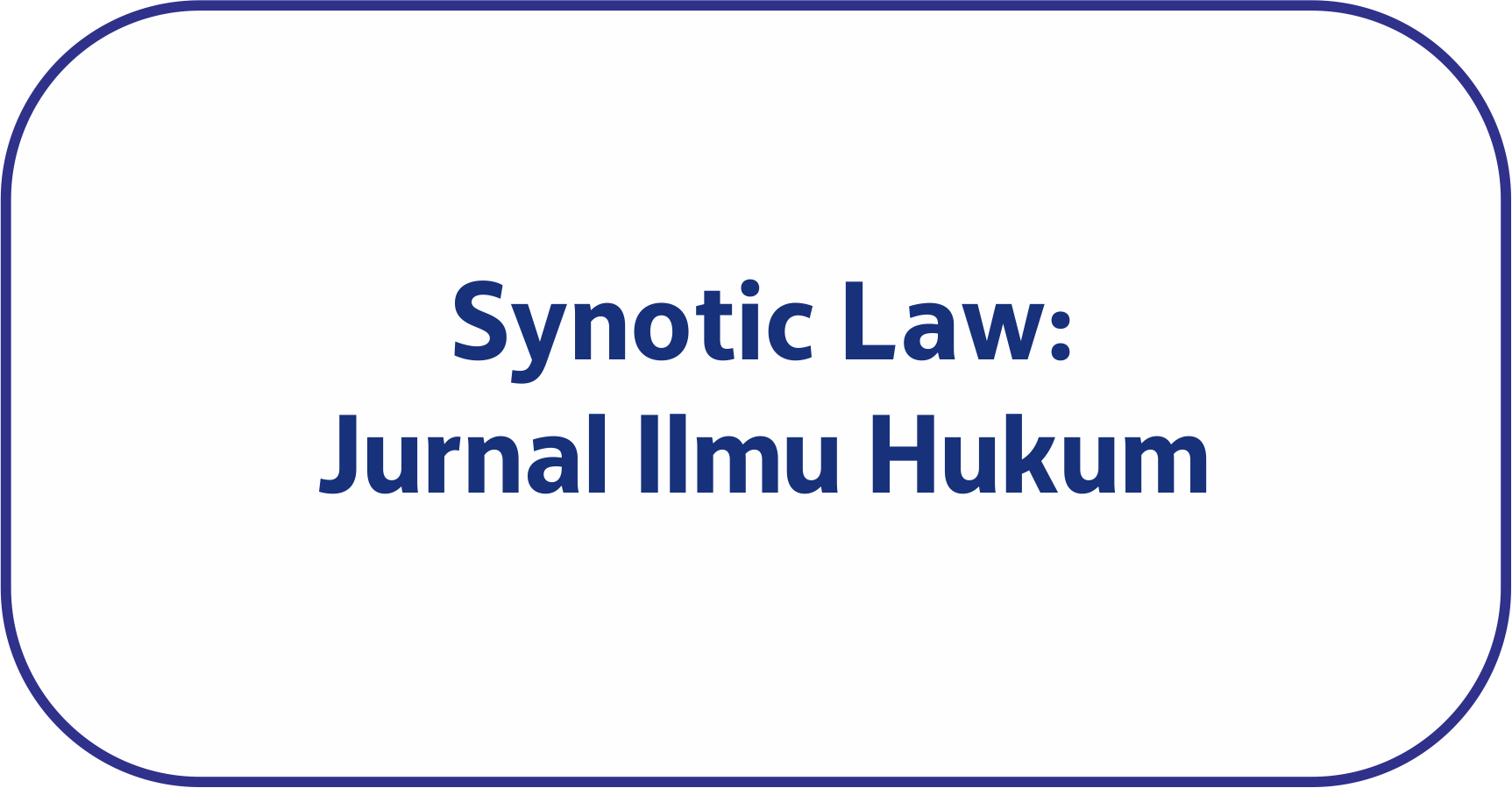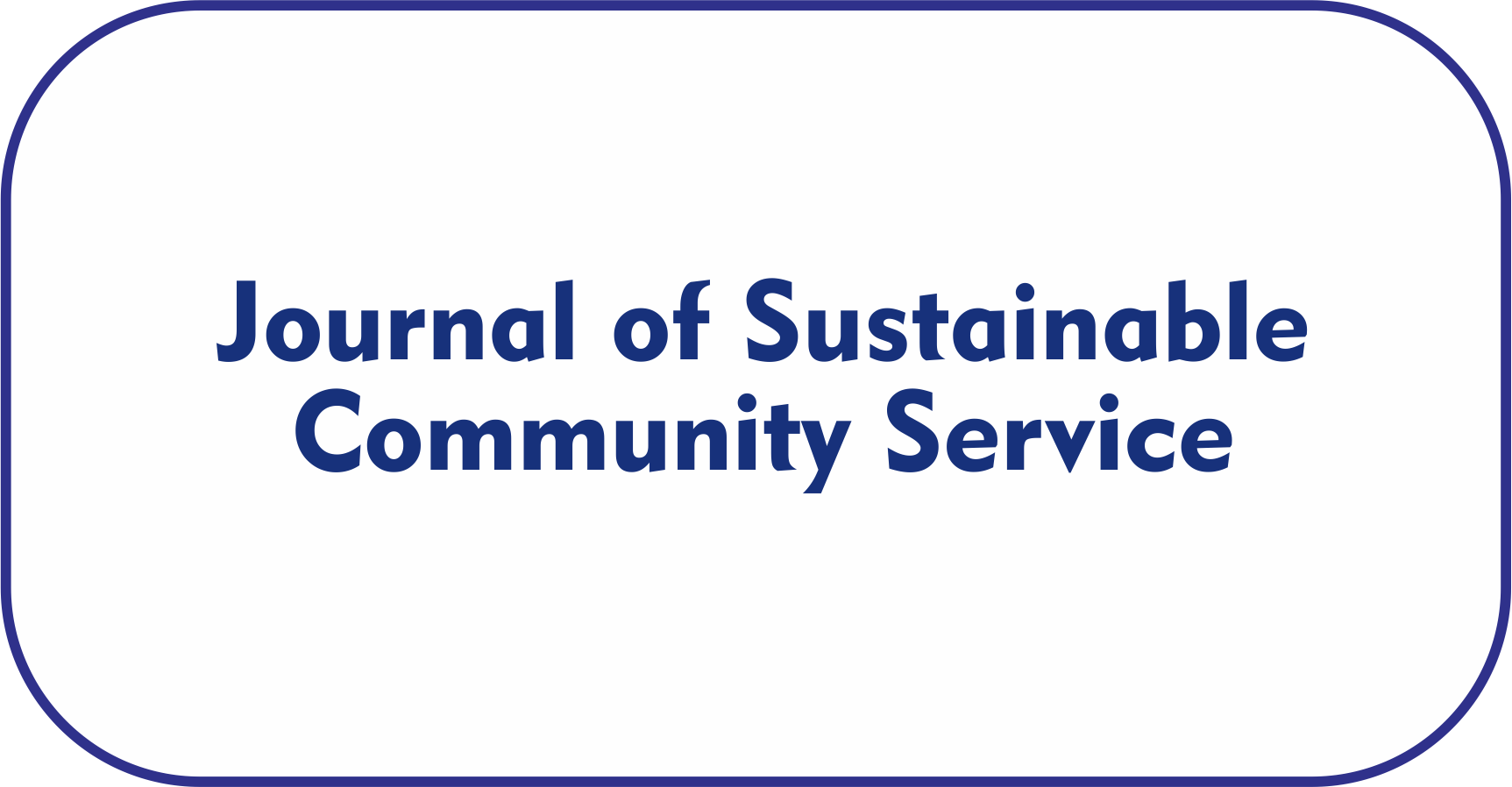TAXPAYER COMPLIANCE ON MOTOR VEHICLES IN THE COVID-19 PANDEMIC
Main Article Content
Abyan Arsyil*
Harya Kuncara Wiralaga
Aditya Pratama
Given the importance of the role of the community to pay taxes in their participation in bearing state financing, citizen awareness is required to fulfill their state obligations. Apart from awareness as citizens, most people do not fulfill the obligation to pay taxes, especially in the Central Jakarta City area. This study aims to determine the effect of perceptions of ability to pay tax rates, tax payment methods and tax sanctions on taxpayer compliance in paying motor vehicle taxes. This research was conducted at the Central Jakarta City SAMSAT Office. The number of samples in this study were 234 respondents with the sampling method using the random sampling method. Collecting data in this study using quantitative techniques through questionnaires. The data analysis technique used in this research is multiple linear regression. The analysis used in this study uses IBM SPSS version 24.0. Based on the results of the analysis, it can be seen that ability to pay tax rates and tax payment methods have no significant effect on taxpayer compliance, while tax sanctions have a positive and significant effect on taxpayer compliance in paying motor vehicle taxes at the Central Jakarta City SAMSAT Office.
Anto, L., Husin, H., Hamid, W., & Bulan, N. (2021). Taxpayer awareness, tac knowledge, tac sanctions, public service account ability and taxpayer compliance. Accounting, 7(1), 49–58.
Aprilliyana, P. (2017). Pengaruh tarif pajak, kesadaran dan sanksi perpajakan terhadap kepatuhan wajib pajak kendaraan bermotor Studi Pada WPOP Samsat Kota Surakarta. Skripsi Sarjana Jurusan Pendidikan Akuntansi Syariah Fakultas Ekonomi Dan Bisnis Islam Institut Agama Islam Negeri Surakarta.
Awaloedin, D. T., Indriyanto, E., & Meldiyani, L. (2021). Pengaruh Kesadaran Wajib Pajak, Tarif Pajak Dan Pelayanan Fiskus Terhadap Kepatuhan Wajib Pajak Kendaraan Bermotor. Populis: Jurnal Sosial Dan Humaniora, 5(2), 217–233.
Ketut, A. R. S. P. I. (2013). Faktor-faktor yang mempengaruhi kepatuhan wajib pajak dalam membayar pajak kendaraan bermotor di Denpasar. E-Jurnal Akuntansi, 2(3), 661–677.
Prasetyowati, H., & Panjawa, J. L. (2022). Teknologi Dan Distribusi Pajak Mendukung Kualitas Pembangunan Manusia. Transekonomika: Akuntansi, Bisnis Dan Keuangan, 2(2), 23–36.
Purnamasari, D., & Sudaryo, Y. (2018). The Effect of Knowledge Taxpayer, Moral Taypayer and Tax Sanctions on Taxpayers Compulsory. International Journal of Trade, Economics and Finance, 9(5), 214–219.
Putri, M. D. R., Kinasih, R. K., & Nabila, N. N. (2020). Kesertaan Warga Senior Jakarta pada Sistem Transportasi Era Industri 4.0. Rekayasa Sipil, 9(2), 71–83.
Sandra, A., & Chandra, C. (2021). Pengaruh Tarif Pajak, Sanksi Pajak dan Kesadaran Pajak Terhadap Kepatuhan Wajib Pajak Orang Pribadi Usahawan. Jurnal Online Insan Akuntan, 5(2), 153–168.
Sauli, S. F., & Oktariyanda, T. A. (2021). Inovasi Aplikasi Samsat RAME (Samsat Ramah Merakyat) Dalam Optimalisasi Pelayanan Di Kantor Bersama Samsat Gresik. Publika, 185–200.
Sumarsan, T. (2013). Perpajakan Indonesia.
Sundah, E. W., & Toly, A. A. (2014). Pengaruh Kemudahan Sistem Self Assessment, Sosialisasi Sistem Perpajakan, Dan Pelayanan Kantor Pajak Terhadap Kepatuhan Wajib Pajak Di Kabupaten Tulungagung Tahun 2014. Tax & Accounting Review, 4(1), 132.











































